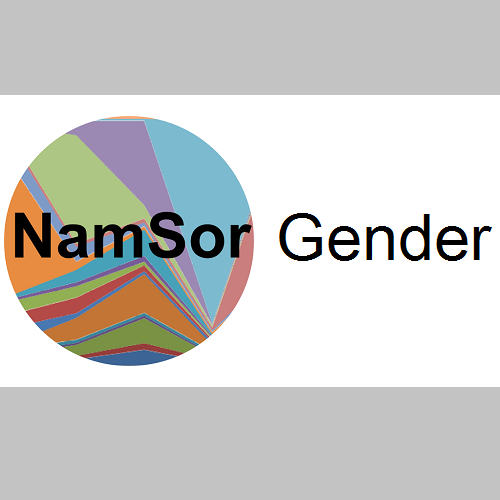Mock sample for your project: DLx API
Integrate with "DLx API" from digitallinguistics.io in no time with Mockoon's ready to use mock sample
Version: 0.3.1
Integrate third-party APIs faster by using "DLx API" ready-to-use mock sample. Mocking this API will allow you to start working in no time. No more accounts to create, API keys to provision, accesses to configure, unplanned downtime, just work.
Improve your integration tests by mocking third-party APIs and cover more edge cases: slow response time, random failures, etc.
Description
The Digital Linguistics (DLx) REST API
Other APIs in the same category
Taunt as a service
Fungenerators taunt generation API generates random taunts / insults, relevant to the given category. Many categories are supported and new ones are added very frequently. Click here to subscribe

NamSor API v2
NamSor API v2 : enpoints to process personal names (gender, cultural origin or ethnicity) in all alphabets or languages. By default, enpoints use 1 unit per name (ex. Gender), but Ethnicity classification uses 10 to 20 units per name depending on taxonomy. Use GET methods for small tests, but prefer POST methods for higher throughput (batch processing of up to 100 names at a time). Need something you can't find here? We have many more features coming soon. Let us know, we'll do our best to add it!

TAGGUN Receipt OCR Scanning API
taggun.io
Expects only running software, real reactions, and beautifully crafted APIs to serve your every desire to transcribe a piece of paper to digital form.
Fake identity generation API
Generate random fake identities (name, address, email, phone , credit card info etc). Click here to subscribe
Exude API Service
exude-api.herokuapp.com
Exude API is an Open Source project, It is used for the primary ways for filtering the stopping, stemming words from the text data. This API is in a very basic level of development need to work on for later changes.
Name Generation API
Fungenerators name generation API generates random names relevant to the given category. Lots of categories are supported with many variations supported. Click here to subscribe
Psycholinguistic Text Analytics
We aim to provide the deepest understanding of people through psychology & AI

ocrapi
cloudmersive.com
The powerful Optical Character Recognition (OCR) APIs let you convert scanned images of pages into recognized text.
Random Lottery Number generator API
fungenerators.com
Below is the documentation for the API calls. You can try them out right here.

Text Analytics & Sentiment Analysis API | api.text2data.com
The current api version is v3.4 The api methods listed below can be called directly from this page to test the output. You might set the api_key to pre-authenticate all requests on this page (this will work if your secret is blank). API endpoint URL: http://{apiName}.text2data.com/v3/ {method} The api can be consumed directly or using our SDK. Our Excel Add-In and Google Sheets Add-on are also using this api to process the data.

